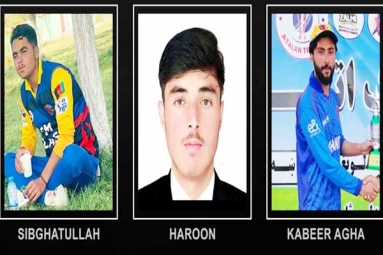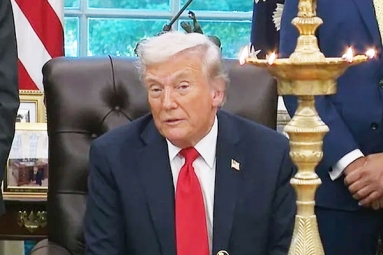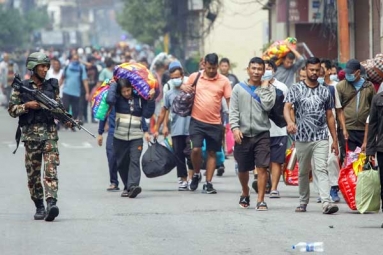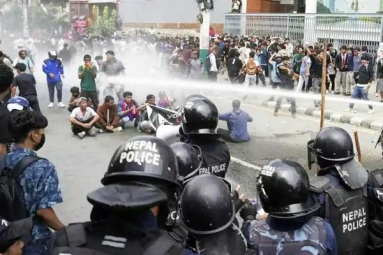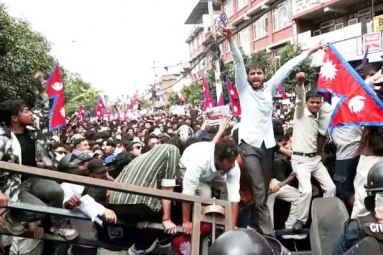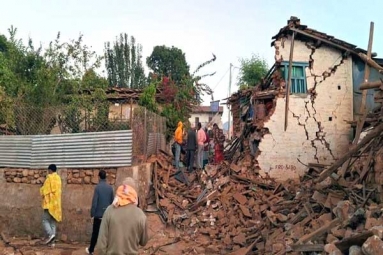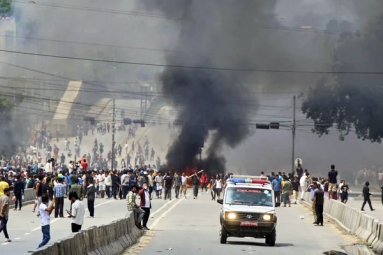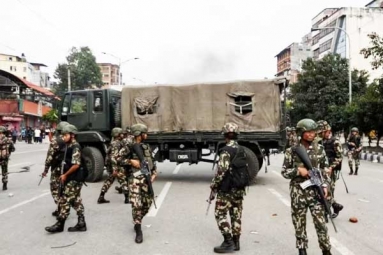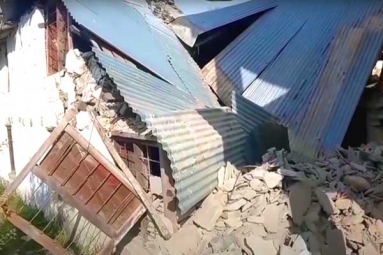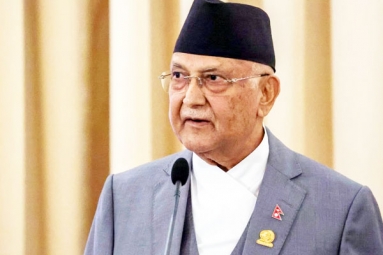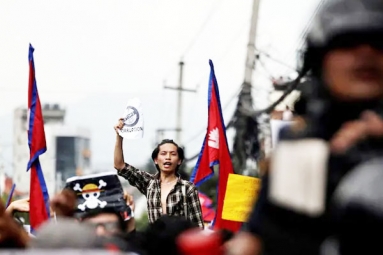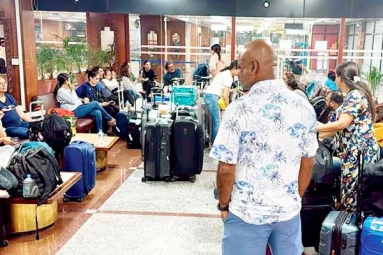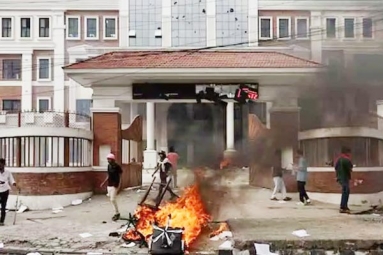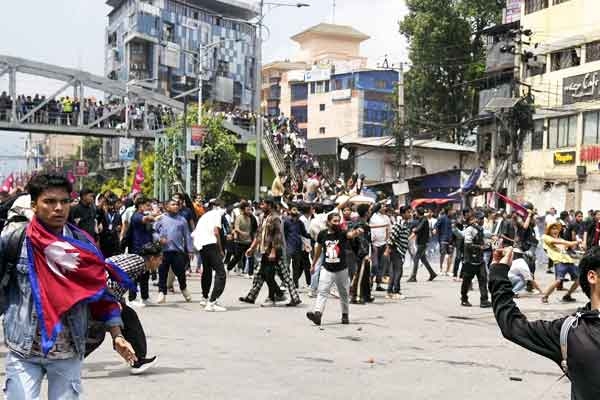
(Image source from: Business-standard.com)
The Nepalese government was the first to make a move. In a late-night choice, the government removed the restriction on social media applications after protests, mainly from younger people, became violent, resulting in clashes with the police that claimed the lives of 19 individuals. Prithvi Subba Gurung, the Nepal Minister for Communication, Information and Broadcasting, announced that the earlier choice to ban social media platforms has been reversed. "The government has already made a choice to allow social media again in response to Gen Z’s requests," the minister said after an urgent cabinet meeting. However, Mr. Gurung also mentioned that the government does not regret its previous choice to close the platforms. "Since these protests were being carried out with this issue as an excuse, we have decided to reopen social media sites," he stated.
Mr. Gurung also asked the 'Gen Z' group to end their protests. The cabinet formed a committee to investigate the violence that occurred that day. They have been given 15 days to produce a report. During the cabinet meeting, Prime Minister KP Sharma Oli mentioned that one of the restricted social media sites, X, had acted in a way that disrespected Nepal's national sovereignty. A minister indicated that X had said it would not register in Nepal at all. "We have been mentioning this for one and a half years. We requested them to register. We asked them to follow Nepal's laws. This is about honoring our national sovereignty," Prime Minister Oli stated. Just last week, Nepal's government blocked access to various social media sites after the companies failed to meet the deadline for registering under new rules devised to prevent misuse. The government of Nepal claimed that social media users create fake accounts to spread hate speech, false information, commit fraud, and engage in other unlawful activities on these platforms.
A government notice instructed the Nepal Telecommunications Authority to deactivate unregistered social media, but it did not specify which platforms would be affected. Local news reported that banned platforms include Meta's Facebook, Instagram, and WhatsApp, Alphabet's YouTube, Tencent from China, Snapchat, Pinterest, and X. Earlier today, officials placed a curfew around the parliament area after thousands of protesters attempted to breach the police barricade to enter the legislature. The police had orders to use water cannons, batons, and rubber bullets to manage the crowd. Protesters held signs with messages like "Shut down corruption, not social media", "Lift the ban on social media", and "Youth against corruption" as they marched through Kathmandu. Many citizens in the Himalayan region believe that corruption is widespread, and critics have called out Prime Minister KP Sharma Oli's government for not keeping its promises.
Numerous instances of corruption have been reported in recent years involving government officials, including current and former ministers. After the prohibition, videos showing the hardships faced by regular Nepalis compared to politicians' children showing off expensive items and lavish trips gained popularity on TikTok, which was not included in the banned social media sites. "There have been anti-corruption protests in other countries, and they fear that may occur here too," said activist Bhumika Bharati to AFP. In July, the government restricted access to the Telegram messaging app, claiming there had been an increase in online scams and money laundering activities. In August of last year, it ended a nine-month TikTok ban after the app agreed to follow Nepali laws.
The United Nations has called for a quick and clear investigation into the violence. "We are horrified by the deaths and injuries of protesters in Nepal today and call for a rapid and open inquiry," said Ravina Shamdasani, spokesperson for the UN human rights office, in a statement.





